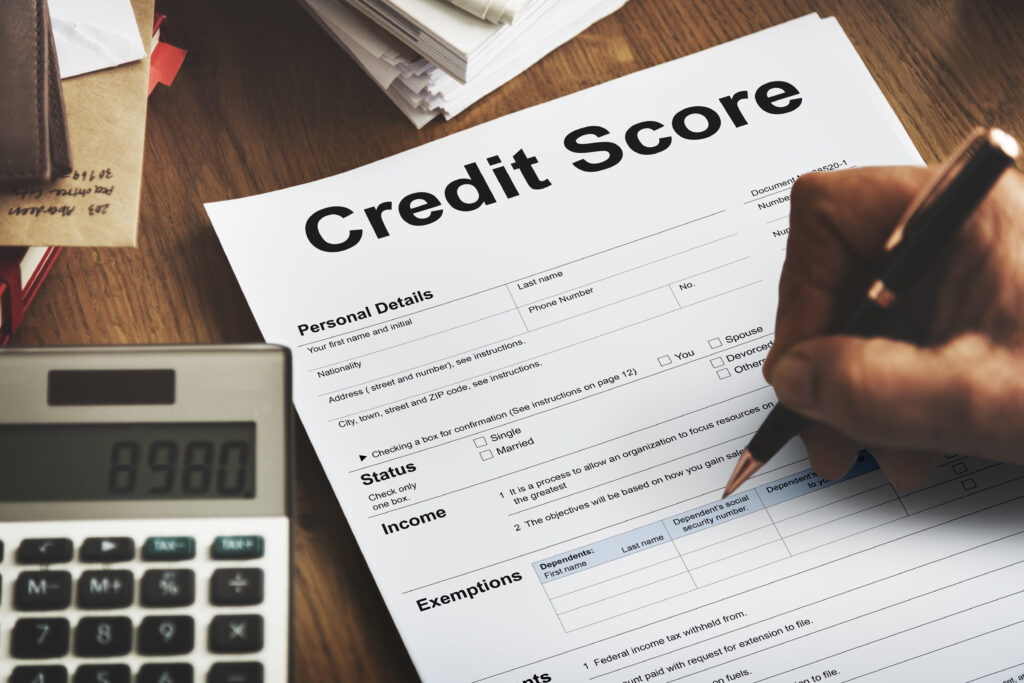
If you’re considering debt settlement, one of the first concerns that may come to mind is your credit score. And it’s a fair concern. Your credit score is more than just a number — it affects your ability to buy a home, lease a car, or even qualify for certain jobs.
In this article, we’ll explore how debt settlement affects your credit in the short and long term — and more importantly, how you can start rebuilding it after the process is complete.
What Happens to Your Credit Score During Debt Settlement?
et’s be clear: debt settlement will negatively impact your credit score, at least temporarily. That’s because the process typically involves stopping payments while your debt settlement company negotiates with creditors. This delinquency is reported to the credit bureaus, and each missed payment can lower your score.
Once a debt is settled, it will appear on your credit report as “settled for less than the full balance” — a signal to lenders that you didn’t pay the full amount.
Factors That Influence the Impact
Not everyone’s credit is affected the same way. Several variables determine the extent of the damage:
our credit history before settlement: If you already had missed payments, the drop might not be as severe.
Number of accounts settled: The more accounts you settle, the bigger the impact.
Your credit mix: If you have other accounts in good standing, the blow may be softened.
Total debt settled: Larger amounts often result in a bigger hit.
Timeline of Credit Recovery
Here’s a rough outline of what to expect:
| Timeframe | What’s Happening |
|---|---|
| 0–6 months | Missed payments reported, credit drops |
| 6–24 months | Settlements are completed, negative marks stay |
| 2+ years | If you rebuild smartly, credit score begins recovering significantly |
Debt settlement accounts remain on your credit report for 7 years from the date of delinquency, but their impact fades over time, especially if you take active steps to rebuild.
How to Rebuild Credit After Debt Settlement
t’s not all bad news — rebuilding your credit after debt settlement is not only possible, it’s common. Here’s how you can start:
1. Check Your Credit Report for Errors
After settlement, request reports from all three credit bureaus (Experian, TransUnion, Equifax). Make sure the settled accounts are marked correctly.
2. Start a Budget and Stick to It
Avoid falling back into debt by tracking your income, expenses, and savings. Use budgeting tools or work with a financial coach.
3. Open a Secured Credit Card
Secured credit cards are backed by a deposit and help you build credit responsibly. Use them for small purchases and pay off in full each month.
4. Make All Future Payments on Time
Payment history makes up 35% of your credit score. Never miss a due date going forward.
5. Keep Credit Utilization Low
Try not to use more than 30% of your available credit at any time. Lower is better.
6. Consider a Credit Builder Loan
These are small installment loans that help you rebuild your payment history. They’re offered by many credit unions and online lenders.
Conclusion
Debt settlement isn’t the end of your financial story — it’s the turning point. Yes, your credit will take a hit, but with time, discipline, and smart rebuilding strategies, you can recover.
The most important thing? Don’t let fear of a temporary dip in your credit score keep you stuck in a permanent cycle of debt. Financial freedom is worth the journey.
